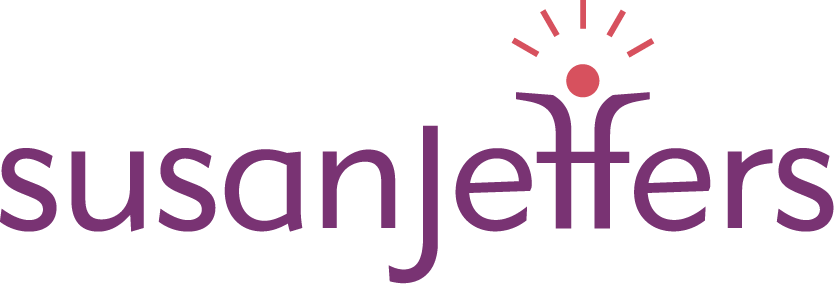Making friends online can be so much easier than in real life. We can choose how we want people to see us and we can showcase only the parts of ourselves that we like the most. But online connections are no replacement for real life interactions. Hiding behind our screens leads us to closing off parts of ourselves, allowing us to hide our self-confidence issue.
Interacting online can also be a great distraction from getting in touch with our Higher Selves. We may think we are empowering ourselves—and we may be—but only a small facet of ourselves. Building self-esteem takes more than connecting with people online. As Susan wrote in Dare to Connect, “It takes human interaction in a safe place to learn the language of openness which, in a Somebody Trained world, is a foreign language, indeed!”
Susan wrote a lot about our Somebody Trained world—society raises us to think of ourselves as Somebody which leads us to have to exaggerated expectations of ourselves and our place in the world, so that we wind up feeling like Nobodies. We have to retrain ourselves with Everybody Training and the best way to do it is to forge meaningful relationships with other people.
To learn how to do this, Susan suggested joining a self-help group. You’re thinking “Group therapy? No way, not for me.” But why not? If you are uncomfortable in social situations, learning to open up to a group of similarly minded strangers might be just the thing you need to help you get over your fears.
“Too many of us don’t have a clue as to what openness looks like, sounds like or feels like,” Susan emphasized in Dare to Connect. “We make unsuccessful attempts at openness and are disheartened by our dismal failure to connect. As a result, we end up withdrawing even further into our feelings of alienation. It is in the safety and support of the group process that we can finally learn the language of openness in a non-threatening way. We find out that what we have been hiding beneath our Act is nothing to be ashamed of, rather it is wonderfully human. It is very healing to hear for ourselves that the inner experiences of others are no different than ours.”
The best part is that there is no one type of group to join. There are groups for every kind of person—some hosted by a therapist, some more loosely defined, some as yet to be invented. You could even get started by joining an online group that also meets in person. So think about reaching out from behind your screen to get some help. As Susan wrote about group settings, “We learn with great relief that we are not bad, or ungrateful, or sick, or alone, or warped, or lacking. We learn that our feelings are universally shared.”
